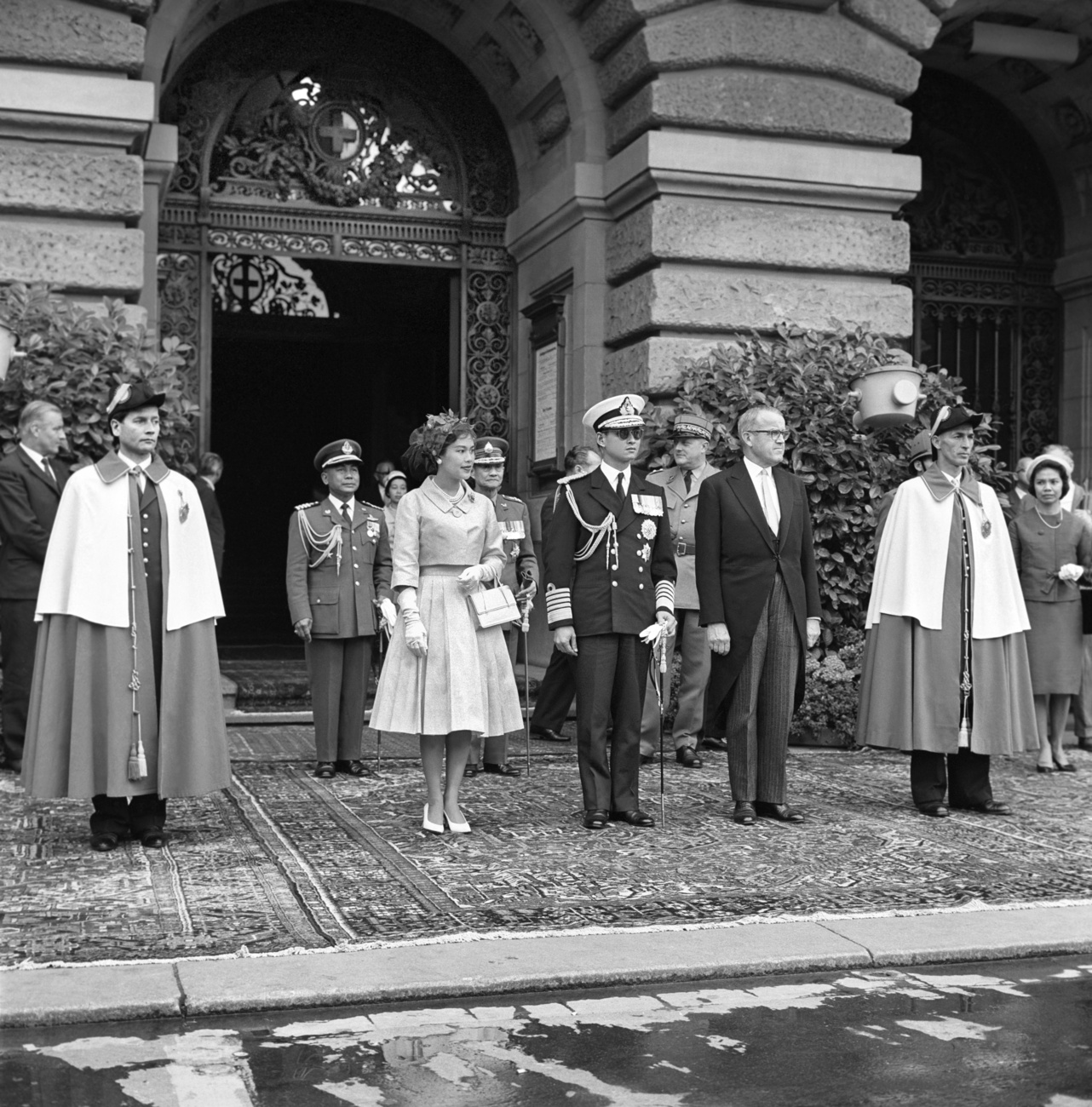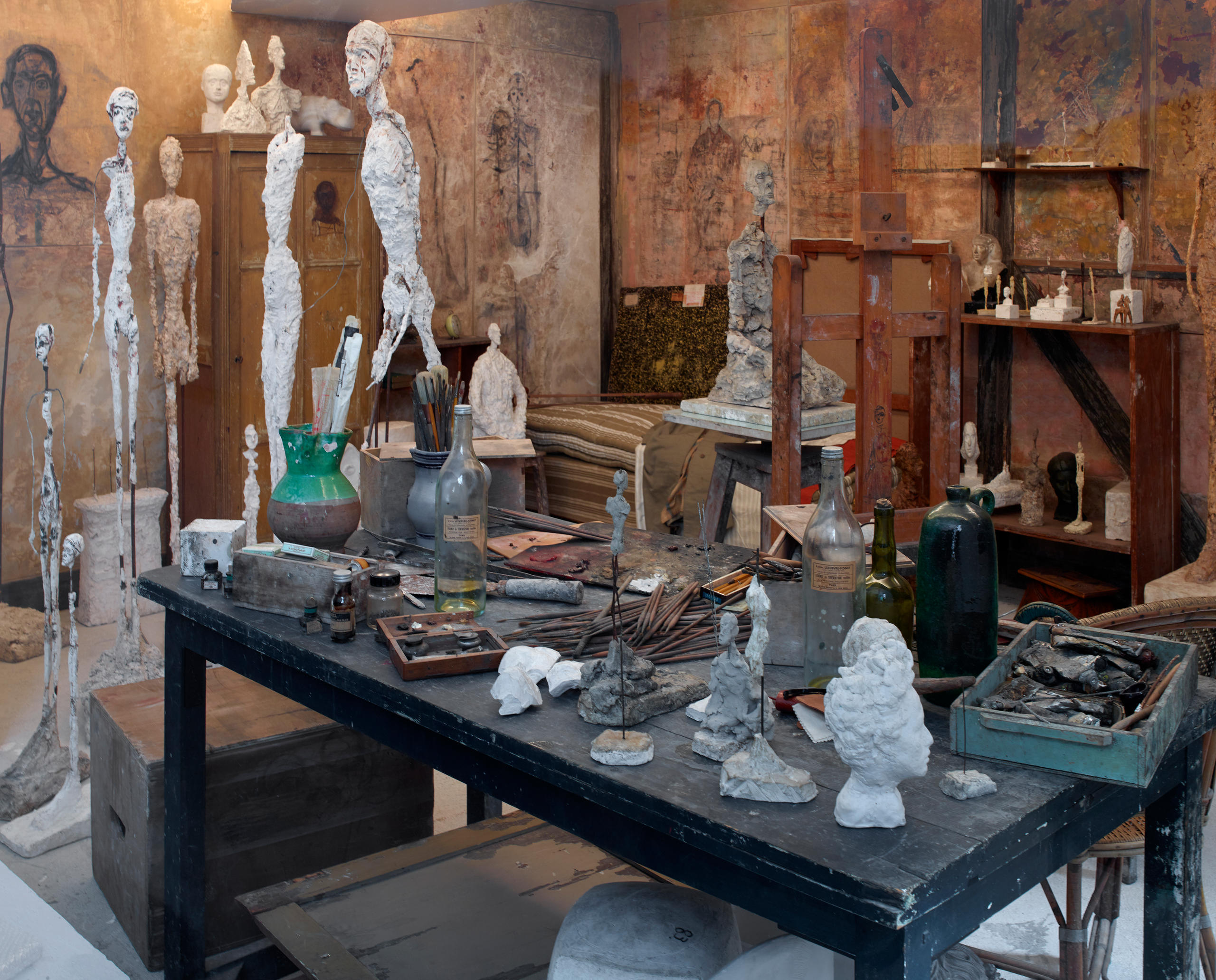
Swiss ambassador in Washington is a busy man

Switzerland's ambassador in Washington, Urs Ziswiler, says relations have been "intense" since he took over his post in May last year.
He told swissinfo that since taking office he had received five out of seven members of the Swiss cabinet, as well as two state secretaries, the president of the Swiss National Bank and other high-ranking officials.
In the first two months of his stay in the United States capital, three major agreements were signed between the two countries – one at the political level, one on economics and another on the fight against terrorism.
One of his aims while in his post is to promote mutual understanding between the US and Switzerland.
swissinfo: What has changed in the climate between the US and Switzerland in recent years?
Urs Ziswiler: There is definitely a new and growing phenomenon: anti-Americanism – in Europe, in general and in Switzerland in particular. That bothers me a bit. It’s very often based on ignorance.
swissinfo: What then would you like to achieve during your time in Washington?
U.Z.: I would like to improve understanding. It should be a perception that is not just based on ignorance or on one person or on one event like the Iraq war. The US is much more complex than that. It’s like if we were to reduce Switzerland to the sole issue of banking secrecy.
swissinfo: What is Switzerland’s role in trying to help solve the current nuclear dispute between the United States and Iran? Bern represents Washington’s interests in Tehran.
U.Z.: This is a sign of trust between our two countries. As far as this mandate is concerned there is always the same phrase you hear and I know you hate it from diplomats: “There is no comment.” This is a mandate we have from the US government and if you want to know what we are doing then you have to ask them. The Swiss side tries to facilitate contacts between the Iranians and the other sides involved – that means the Europeans and the US, and all those efforts are coordinated in Bern.
swissinfo: Last year Switzerland signed three accords with the US, which has become a priority country for Bern. To what extent was the failure to open negotiations on a free trade accord because of agriculture issues a setback?
U.Z.: In exploratory talks both sides came to the conclusion that the time was not ripe. We had to find other ways and means. That was the beginning of the Trade and Investment Cooperation Forum. I consider it a very important, dynamic process that allows us not only to stay in contact with the various American authorities, but also to go in depth in some areas that are very important for both of us, for example intellectual property rights and e-commerce. But it is extremely technical and as usual the devil lies in the detail. We’ve made some progress.
swissinfo: Earlier this year, the US ambassador to Bern, Peter Coneway, said that he thought the US and Switzerland could work together better in counter-terrorism efforts. Apparently Swiss Justice Minister Christoph Blocher will be going to Washington soon. What are the plans?
U.Z.: Of course there is always room for improvement, also in this particularly tricky area. That’s why Mr Blocher was here last year and that’s one of the reasons why he’s coming again at the end of the month to meet the head of Homeland Security, Michael Chertoff, as well as the Attorney General, Alberto Gonzales, and many others. They will discuss where we stand in the implementation of measures to combat terrorism and explore if there are areas where cooperation can be improved.
swissinfo: In what other areas are you making efforts to strengthen ties with the US?
U.Z.: Last year we had an extremely successful programme called Swiss Roots, which is continuing this year. The target was Americans of Swiss origin… to motivate them to discover their home country. This year we’ve started a new programme called Think Swiss, which aims mainly at showing that Switzerland’s educational system, starting with the apprenticeship system up to the top level of the Federal Institutes of Technology and other research institutes, is first class.
swissinfo: Ten years ago, during the debate about dormant assets from the Holocaust era in Swiss Banks, one of your predecessors in Washington, Carlo Jagmetti, had a tough job. He was on a hot seat. Is your job as challenging as his then?
U.Z.: Everything that happens in the world is in one way or another important for the United States or is influenced by the United States. If you want to follow that closely and report back home as comprehensively as you can, it’s definitely a very challenging posting. On top of that we have a very intense bilateral relationship. Politically, economically, scientifically and culturally there are so many things going on.
swissinfo-interview: Robert Brookes
Ambassador Ziswiler took up his post in Washington on May 1, 2006.
Before his current posting, Ziswiler served as head of the political directorate in the Swiss foreign ministry, the second-highest ranking diplomat in the Swiss foreign service.
Previously he was a senior diplomatic adviser to Foreign Minister Micheline Calmy-Rey, this year’s Swiss president
Ziswiler has had a number of diplomatic postings, including that of ambassador of Switzerland to Canada and the Bahamas (1999-2004).
The ambassador, who was born in 1949, began his career as a junior expert for the World Bank in Madgascar, and later served as a delegate of the Swiss-run International Committee of the Red Cross in Beirut, Gaza, Tel Aviv and Kampala.
A citizen of Buttisholz in canton Lucerne, Ziswiler is married with two children.

In compliance with the JTI standards
More: SWI swissinfo.ch certified by the Journalism Trust Initiative




























You can find an overview of ongoing debates with our journalists here . Please join us!
If you want to start a conversation about a topic raised in this article or want to report factual errors, email us at english@swissinfo.ch.